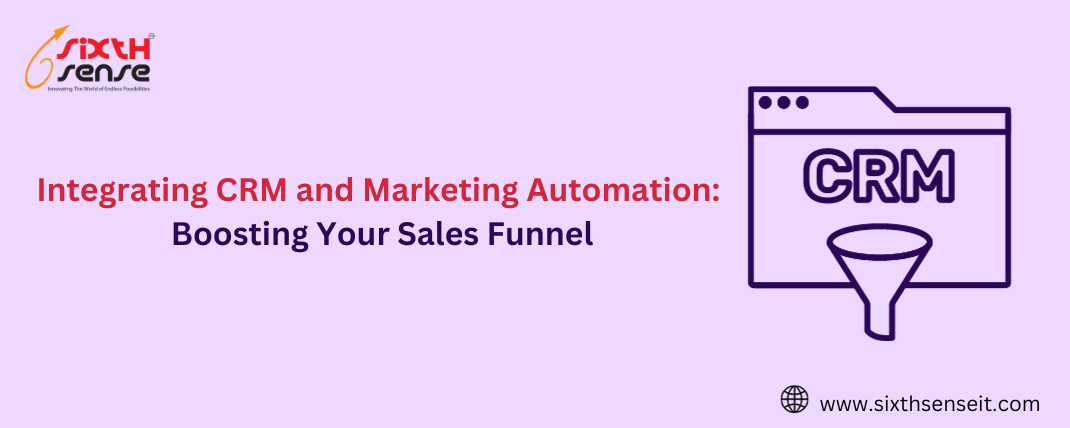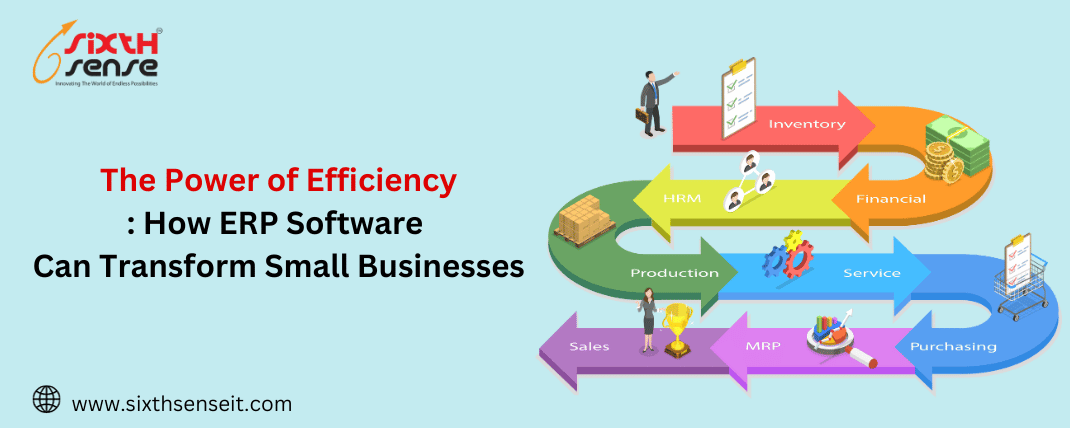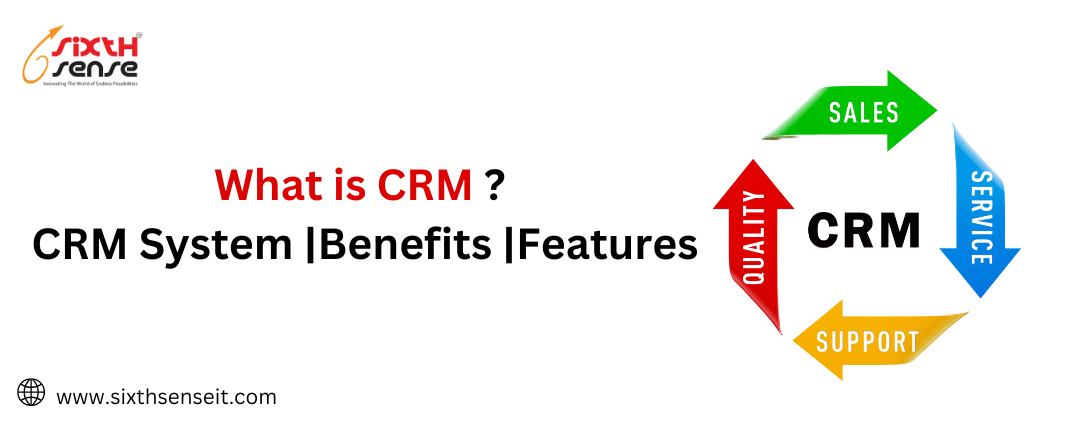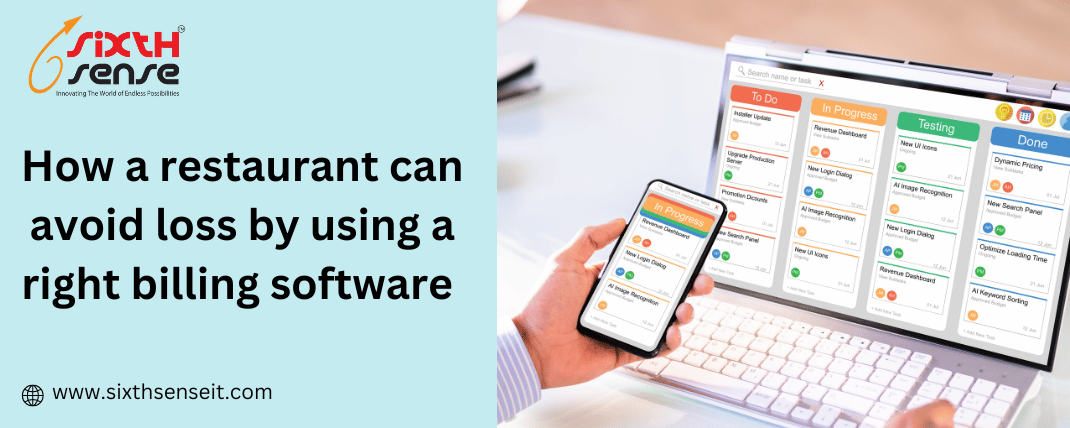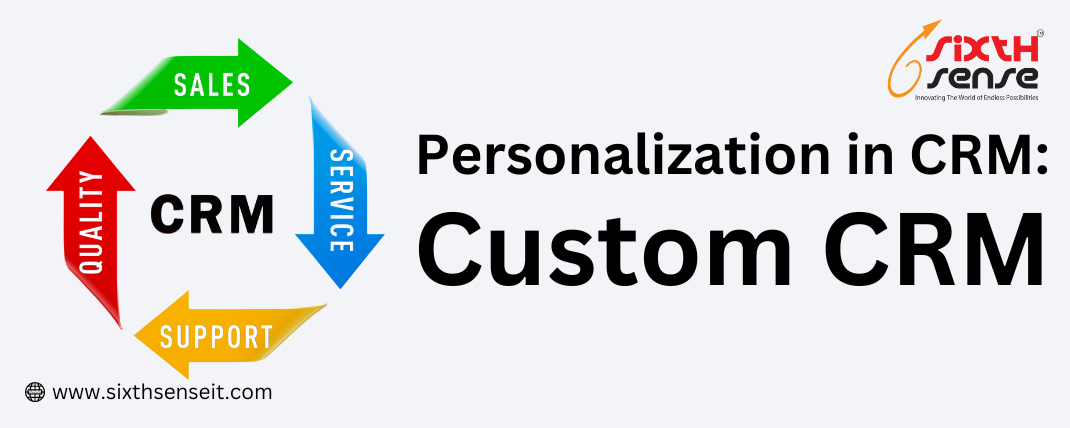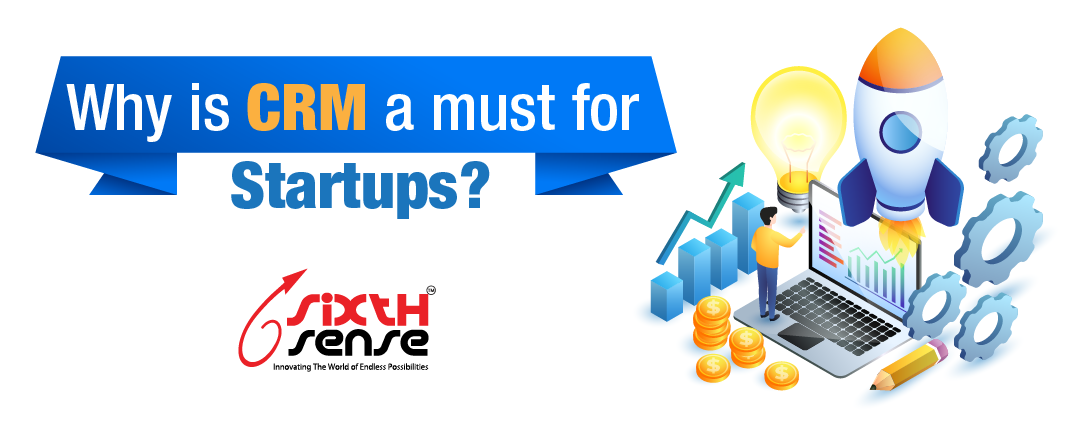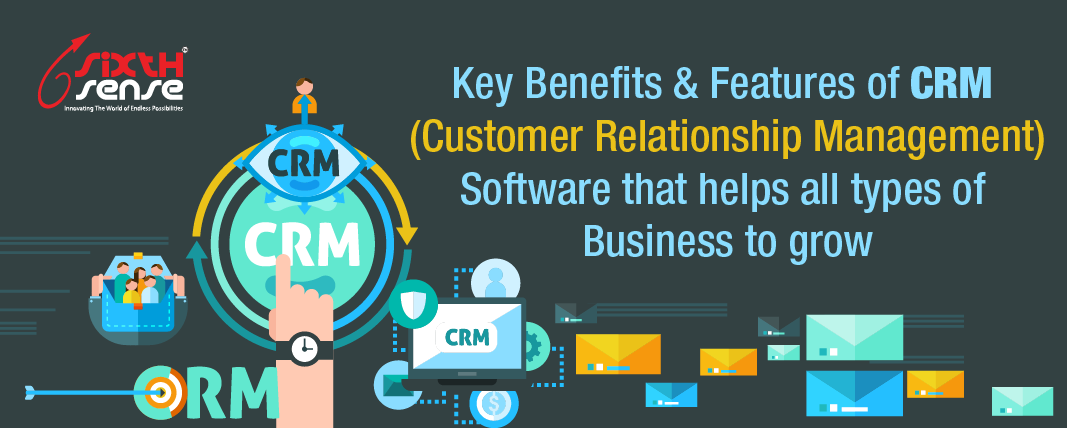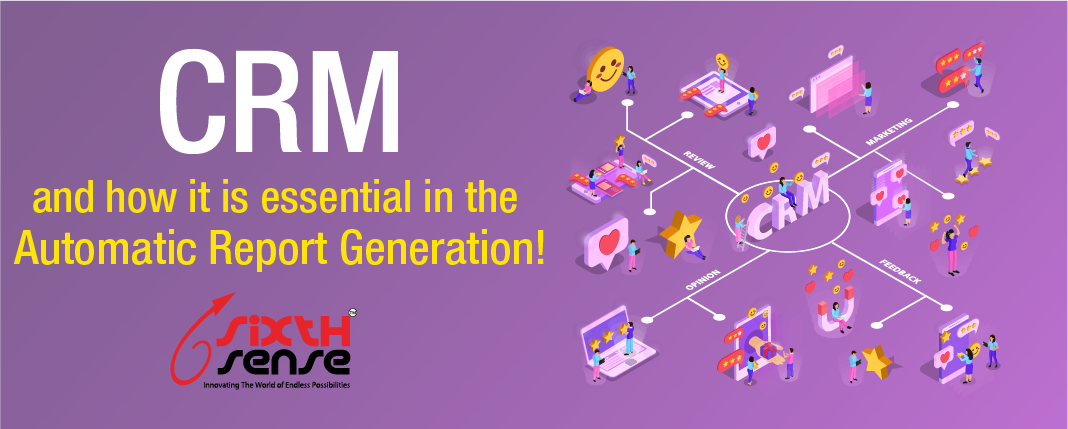
Optimizing Customer Experience with Lead Management Systems in CRM

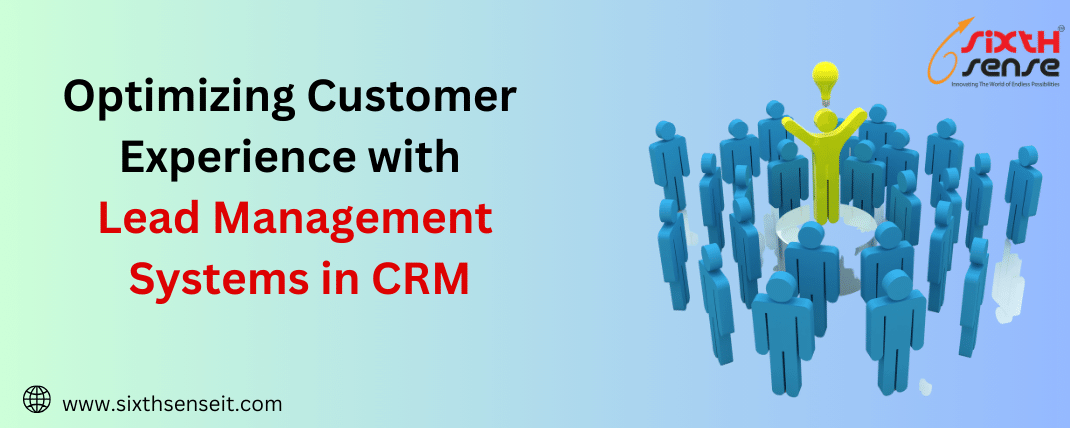
Lead management in CRM means taking care of the people who might become your customers. It involves keeping track of the information about these potential customers, making sure they are a good fit for your business, and helping them along the path to becoming actual customers
Imagine you have a store, and different people walk in. Some are ready to buy right away, while others are just looking around. Lead management helps you figure out who is ready to buy and who needs more time. It also helps you keep all the information about these potential customers in one place so that your sales and marketing teams can work together to turn them into paying customers.
Think of it like this: You have a tool (CRM) that does this job automatically, making it easier for your business to handle all these potential customers and turn them into happy customers.
In simple terms, CRM software helps businesses turn potential customers into actual customers by improving communication and keeping track of their information. Here's how it does that:
All customer information is stored in one place, making it easier to analyze. The system also generates reports to understand customer behavior and plan strategies to convert leads into customers.
CRM software lets you track marketing campaigns like emails, social media, and calls to see how well they're working. It provides insights to choose the right strategies for better sales.
It helps the sales team keep an eye on their performance and simplifies daily marketing tasks. You can manage calendars, appointments, and engagements on social media to plan better.
CRM software stores data about potential customers and creates reports to show their interests. You can customize these reports to find the leads that are most likely to become customers.
The benefits of a good lead management system in CRM are:
It helps gather valuable data and provides insights to identify the most likely leads to convert. You can tailor responses and optimize the lead generation process.
The software automatically tracks leads' activities and interactions with the company. This helps businesses understand their prospects' needs and preferences.
CRM systems have filters to score leads based on quality. This allows businesses to prioritize communication with the best leads, speeding up the conversion process.
Quick Responses:
Automated responses can be scheduled, ensuring potential customers get quick replies to their inquiries.
Improved Team Coordination:
CRM provides access to data for both marketing and sales teams, reducing miscommunication and helping them work together smoothly.
The sales team gets a well-organized flow of leads, optimizing lead distribution and follow-ups. This increases their efficiency.
The future of lead management in CRM is promising. It will continue to play a crucial role in streamlining sales processes, identifying bottlenecks, improving customer experiences, prioritizing leads, and boosting conversion rates. It will be integral for scaling sales in the future.
It helps gather valuable data and provides insights to identify the most likely leads to convert. You can tailor responses and optimize the lead generation process.
The software automatically tracks leads' activities and interactions with the company. This helps businesses understand their prospects' needs and preferences.
CRM systems have filters to score leads based on quality. This allows businesses to prioritize communication with the best leads, speeding up the conversion process.
Quick Responses:
Automated responses can be scheduled, ensuring potential customers get quick replies to their inquiries.
CRM provides access to data for both marketing and sales teams, reducing miscommunication and helping them work together smoothly.
The sales team gets a well-organized flow of leads, optimizing lead distribution and follow-ups. This increases their efficiency.
The future of lead management in CRM is promising. It will continue to play a crucial role in streamlining sales processes, identifying bottlenecks, improving customer experiences, prioritizing leads, and boosting conversion rates. It will be integral for scaling sales in the future.



